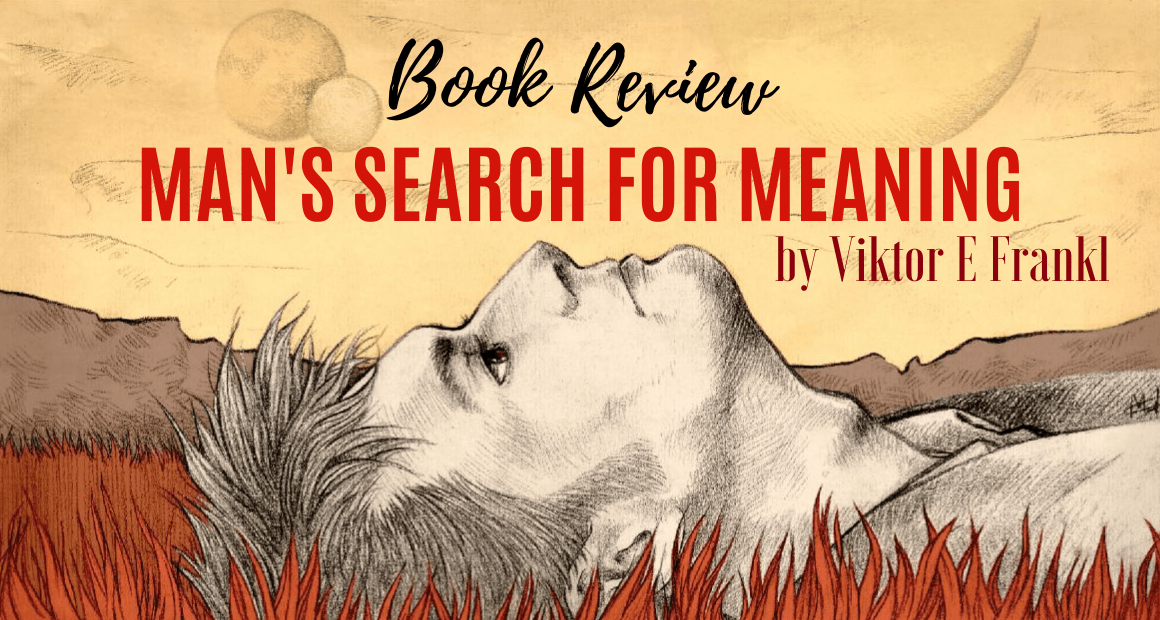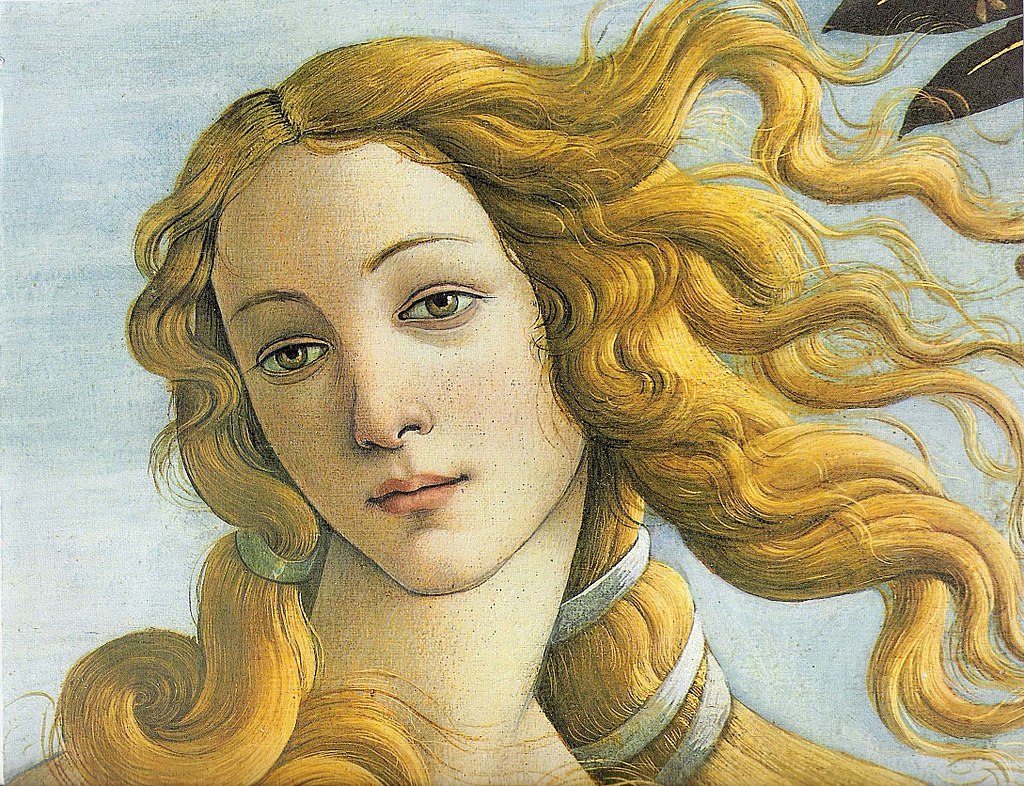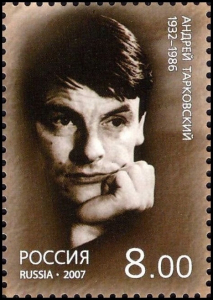¿Qué significa SER HUMANO?
Havard, Liderazgo virtuoso; Creados para la grandeza; Del temperamento al carácter; Corazón libre; Coaching con Juana de Arco
Pieper, Las virtudes fundamentales (The Four Cardinal Virtues); El ocio y la vida intelectual (Leisure, the Basis of Culture); Sólo quién ama canta (Only the Lover Sings: Art and Contemplation); Sobre los mitos platónicos (Enthusiasm and divine madness); The Christian Idea of Man; Brief Reader on the Virtues of the Human Heart; Happiness and Contemplation
Hildebrand, El corazón; Nuestra transformación en Cristo; Humility: Wellspring of Virtue; Aesthetics; In Defense of Purity
Frankl, El hombre en busca de sentido
Bennett, The Temperament God Gave You
Pascal, Pensamientos
Tarkovsky, Esculpir en el tiempo
Covey,Los 7 hábitos de la gente altamente efectiva
Drucker, The Effective Executive; Managing Oneself
¿Cómo hemos llegado hasta aqui?
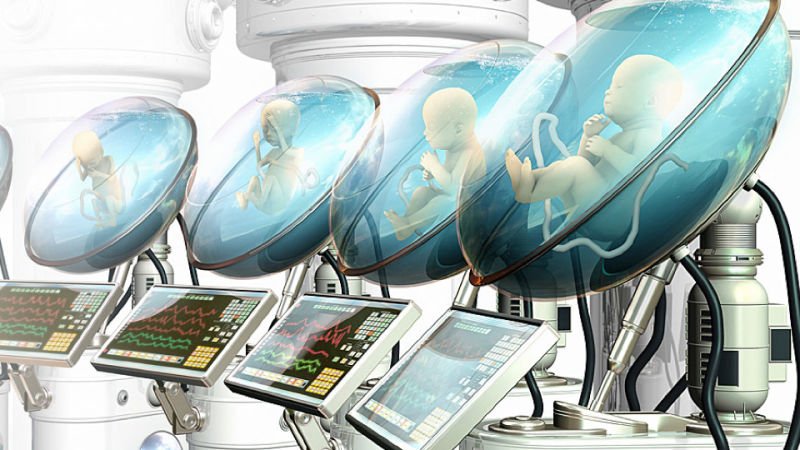
Havard, 7 profetas
Solzhenitsyn, Harvard Address; Nobel Lecture; Templeton Lecture; Address to the International Academy of Philosophy; Address to the Académie des sciences morales et politiques
Soloviev, A Short Story of Antichrist
Dostoyevsky, The Grand Inquisitor (in “The Brothers Karamazov”, Part II, Book V, Chap V)
Orwell, 1984
Huxley, Brave New World
De Marco & Wiker, Architects of the Culture of Death
de Lubac, The Drama of Atheist Humanism
LITERATURA
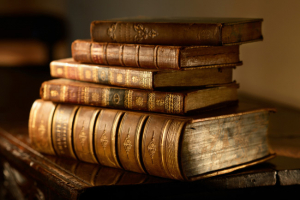
Personal Recollections of Joan of Arc, by Mark Twain
Wind, Sand and Stars, by Antoine de Saint-Exupéry
Anna Karenina, by Leo Tolstoy
War and Peace, by Leo Tolstoy
The Brothers Karamazov, by Fyodor Dostoevsky
Crime and Punishment, by Fyodor Dostoevsky
Vipers’ Tangle, by François Mauriac
Fathers and Sons, by Ivan Turgenev
Les Misérables, by Victor Hugo
The Stranger, by Albert Camus
Matryona’s Place, by Aleksandr Solzhenitsyn
The Oak and the Calf, by Aleksandr Solzhenitsyn
Jane Eyre, by Charlotte Brontë
The Picture of Dorian Gray, by Oscar Wilde
All Quiet on the Western Front, by Erich Maria Remarque
A Life Transformed, by Etty Hillesum
Brideshead Revisited, by Evelyn Waugh
música
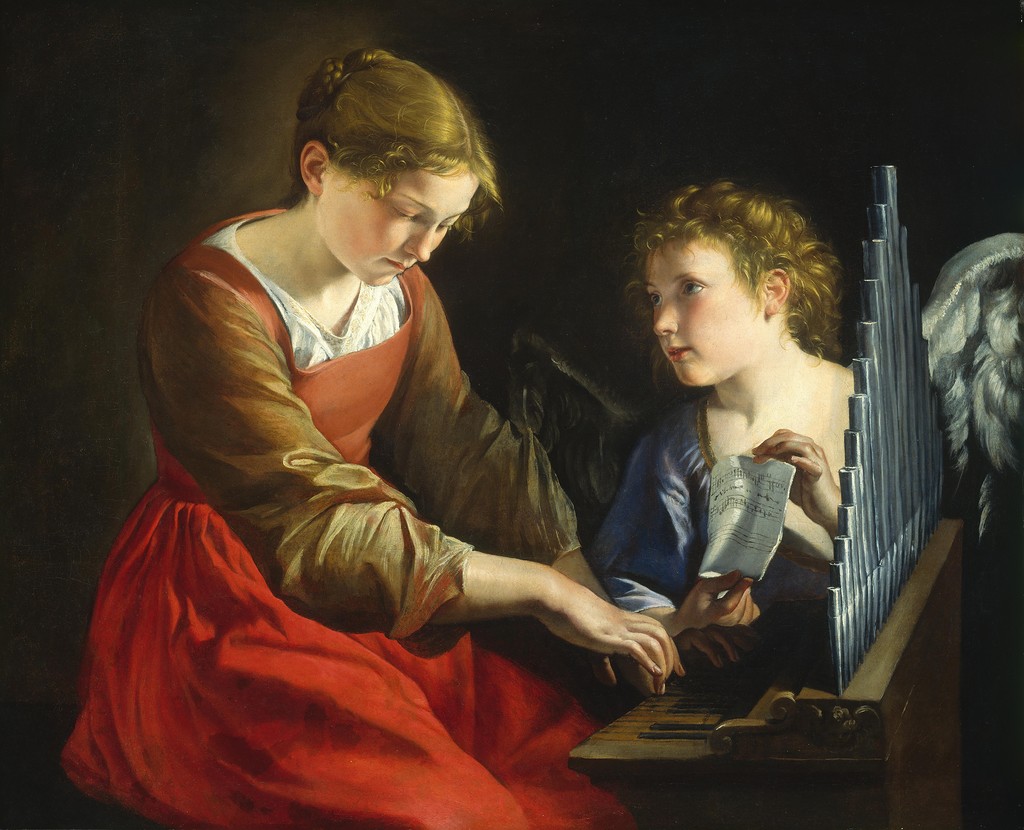
Pachelbel, Canon (1680)
Bach, Badinerie (1730)
Mozart, Piano Concerto No. 21, Andante (1785)
Mozart, Symphony no. 40, Molto allegro (1788)
Beethoven Moonlight Sonata (1801)
Beethoven, Für Elise (1801)
Beethoven, Symphony No. 9, Ode to Joy (1824)
Chopin, Nocturne in C sharp Minor (No.20) (1830)
Bellini, Norma, Casta Diva (1831)
Chopin, Nocturne B flat minor Op. 9 (No. 1) (1832)
Verdi, Nabucco, Va pensiero (1841)
Liszt, Liebestraum No. 3 (1850)
Bach/Gounod, Ave Maria (1853)
Tchaikovsky, Swan Lake, Act I No. 2, Valse (1875)
Tchaikovsky, Swan Lake, Act II No. 10, Scene (1875)
Tchaikovsky, Piano Concerto no 1 (1875)
Grieg, Peer Gynt, In the Hall of The Mountain King (1875)
Grieg, Peer Gynt, Morning Mood (1875)
Brahms, Hungarian Dance No. 1 (1879)
Brahms, Hungarian Dance No. 5 (1879)
Saint-Saëns, Le Carnaval des Animaux, Le Cygne (1886)
Borodin, Prince Igor, Polovtsian Dances (1890)
Tchaikovsky, Nutcracker, Valse des fleurs (1892)
Rachmaninoff, Piano Concerto no 2 (1901)
Elgar, Pomp and Circumstance March No 1 (1901)
Rachmaninoff, Vocalise (1912)
Rachmaninoff, All-Night Vigil, Praise The Lord, O My Soul (1915)
Puccini, Gianni Schicchi, O Mio Babbino Caro (1918)
Puccini, Turandot, Nessun Dorma (1926)
Ravel, Bolero (1928)
Ravel, Piano Concerto, Adagio assai (1931)
Rachmaninoff, Rhapsody on Themes of Paganini, Variation 18 (1934)
Orff, Carmina Burana, O Fortuna (1935)
Shostakovich, Jazz Suite Waltz no. 2 (1938)
Rodrigo, Concierto de Aranjuez, Adagio (1939)
Khachaturian, Masquerade,Waltz (1941)
Albinoni/Giazotto, Adagio (1958)
Vavilov, Ave Maria (1968)
Piazzolla, Oblivion (1982)
Dalla, Caruso (1986)
películas
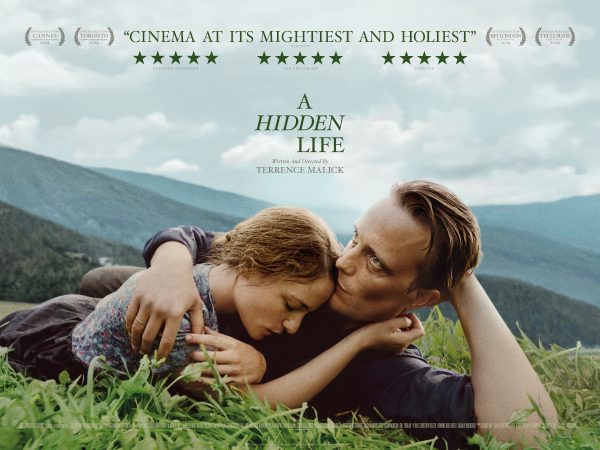
Chaplin, The Kid, 1921
Chaplin, Modern Times, 1936
Renoir, The Grand Illusion, 1937
Welles, Citizen Kane, 1941
Curtiz, Casablanca, 1942
Carné, Children of Paradise, 1943
Capra, ¡Qué bello es vivir!, 1946
Kurosawa, Seven Samurai, 1954
Fellini, La Strada, 1954
Kalatozov,The Cranes Are Flying, 1957
Bergman, The Seventh Seal, 1957
Zinnemann, A Man for all Seasons, 1966
Tarkovsky, Mirror, 1975
Cimino, The Deer Hunter, 1978
Tarkovksy, Stalker, 1979
Hudson, Chariots of fire, 1981
Abuladze, Repentance 1984
Joffé, Mission, 1986
Axel, Babette’s Feast, 1987
De Palma, The Untouchables, 1987
Costner, Dances with Wolves, 1990
Spielberg, Schindler’s List, 1993
Attenborough, Shadowlands, 1993
Gibson, Braveheart, 1995
Benigni, Life is Beautiful, 1997
August, Les Misérables, 1998
CBS & AAC (TV Mini-Series), Joan of Arc, 1999
Scott, Gladiator, 2000
Jackson, The Lord of the Rings, 2001
Polanski, The Pianist, 2002
Gibson, The Passion of the Christ, 2004
Barratier, The Chorus, 2004
Fukunaga, Jane Eyre, 2010
Nakache, The Intouchables, 2012
Gibson, Hacksaw Ridge, 2016
Malick, A Hidden Life, 2019
The aim of art is to prepare a person for death, to plough and harrow his soul, rendering it capable of turning to good.
My function is to make whoever sees my films aware of his need to love and to give his love, and aware the beauty is summoning him.
The artist is always the servant, and is perpetually trying to pay for the gift that has been given to him as if by a miracle. Modern man, however, does not want to make any sacrifice, even though true affirmation of the self can only be expressed in sacrifice.
It seems to me that the individual today stands at a crossroads, faced with the choice of whether to pursue the existence of blind consumer, subject to the implacable march of new technology and the endless multiplication of material goods, or to seek out a new way that will lead to spiritual responsibility, a way that ultimately might mean not only his personal salvation but also the saving of society at large; in other words, to turn to God.
Andrei Tarkovsky, Sculpting in Time

